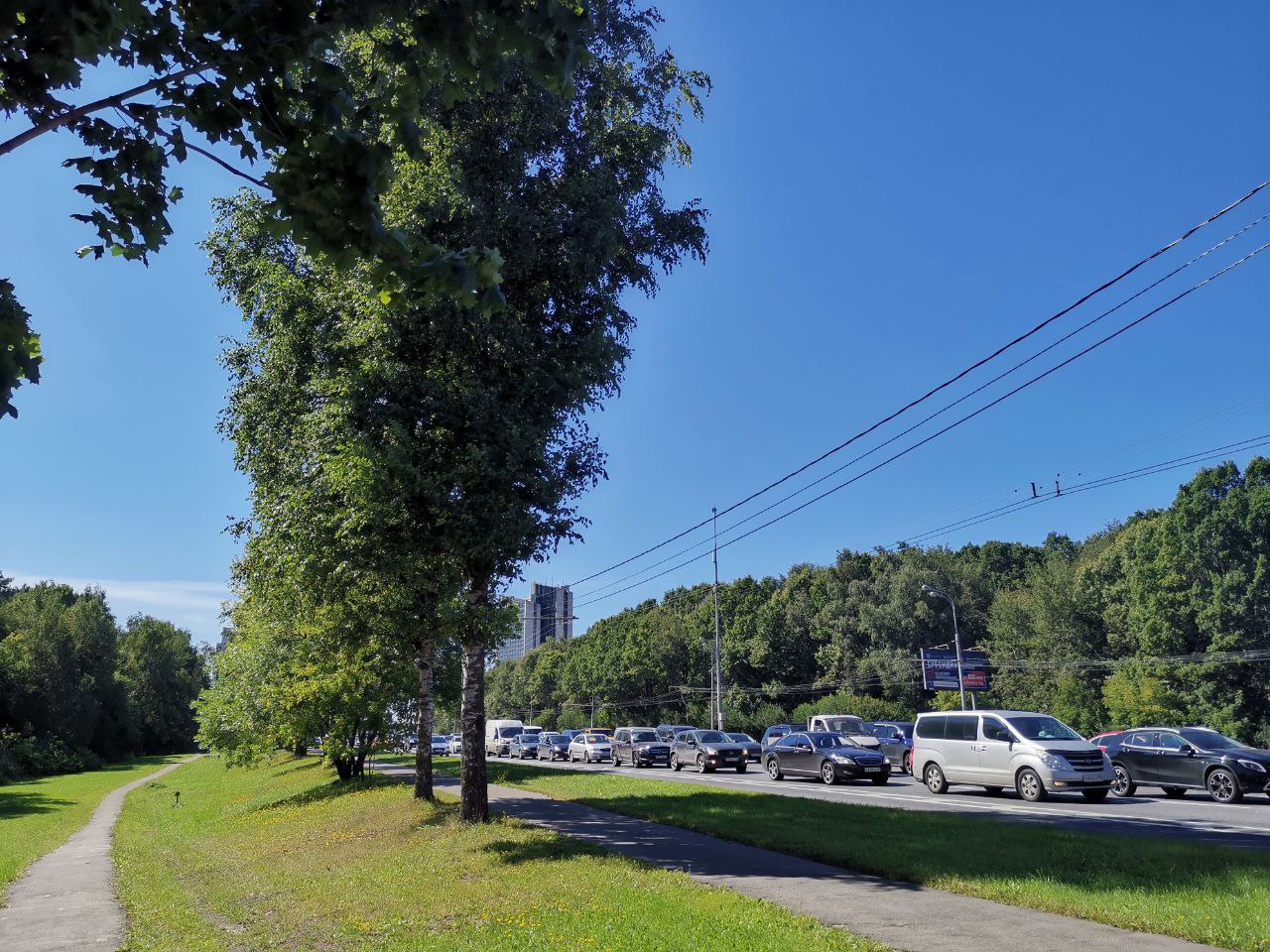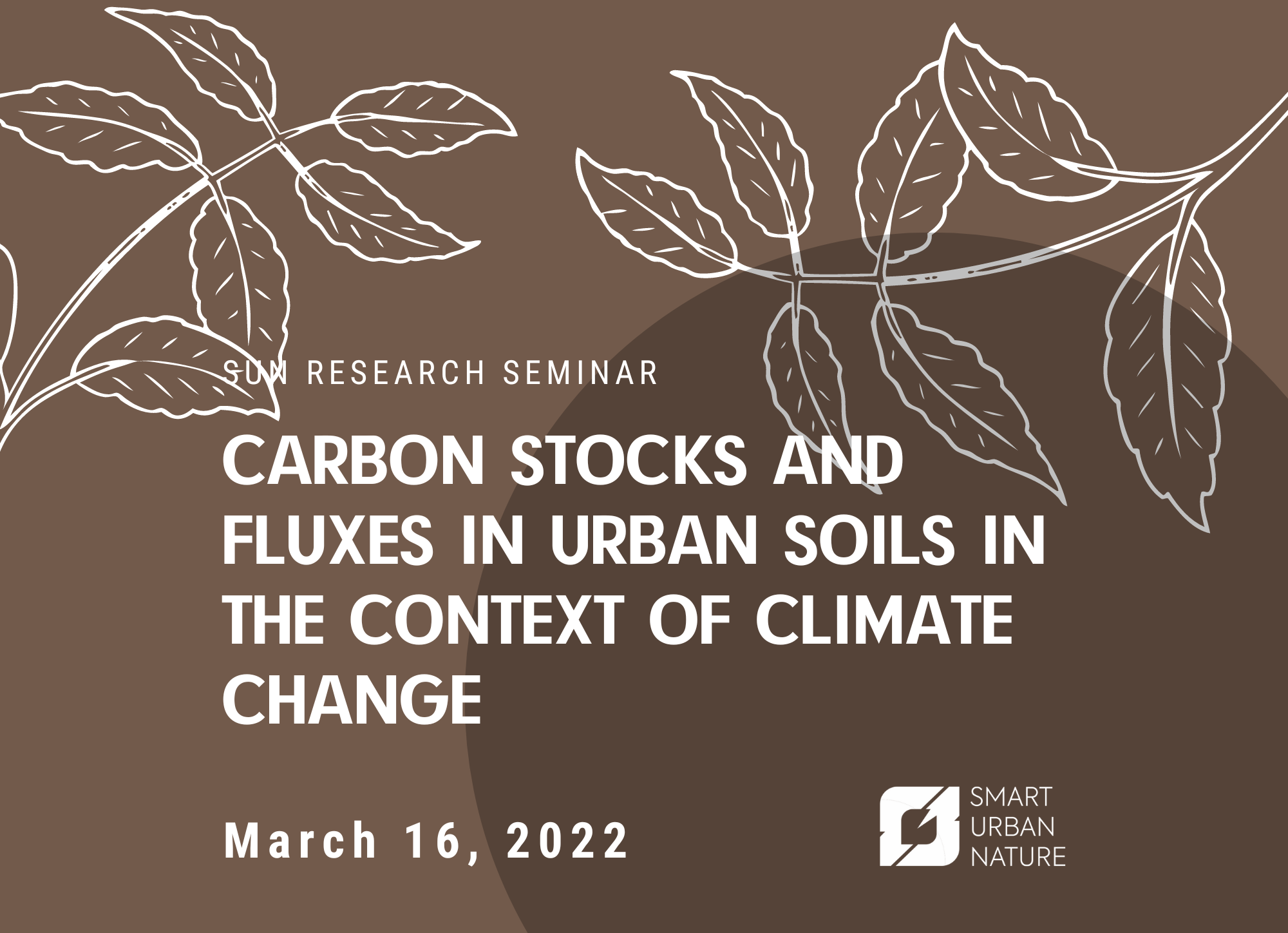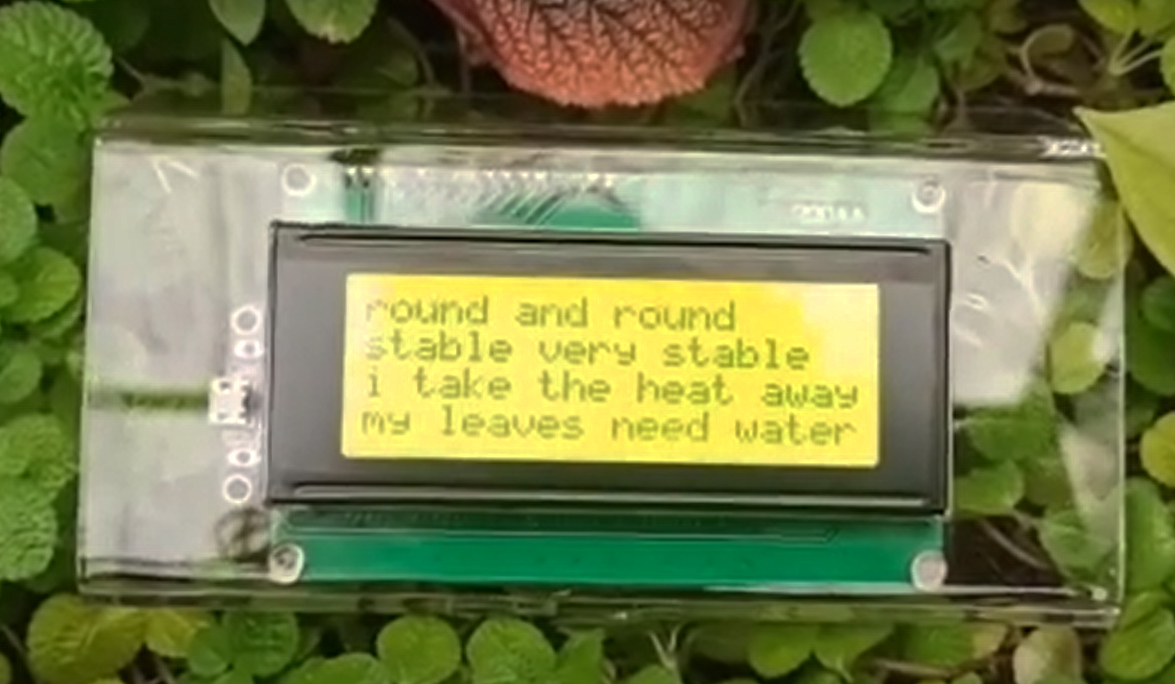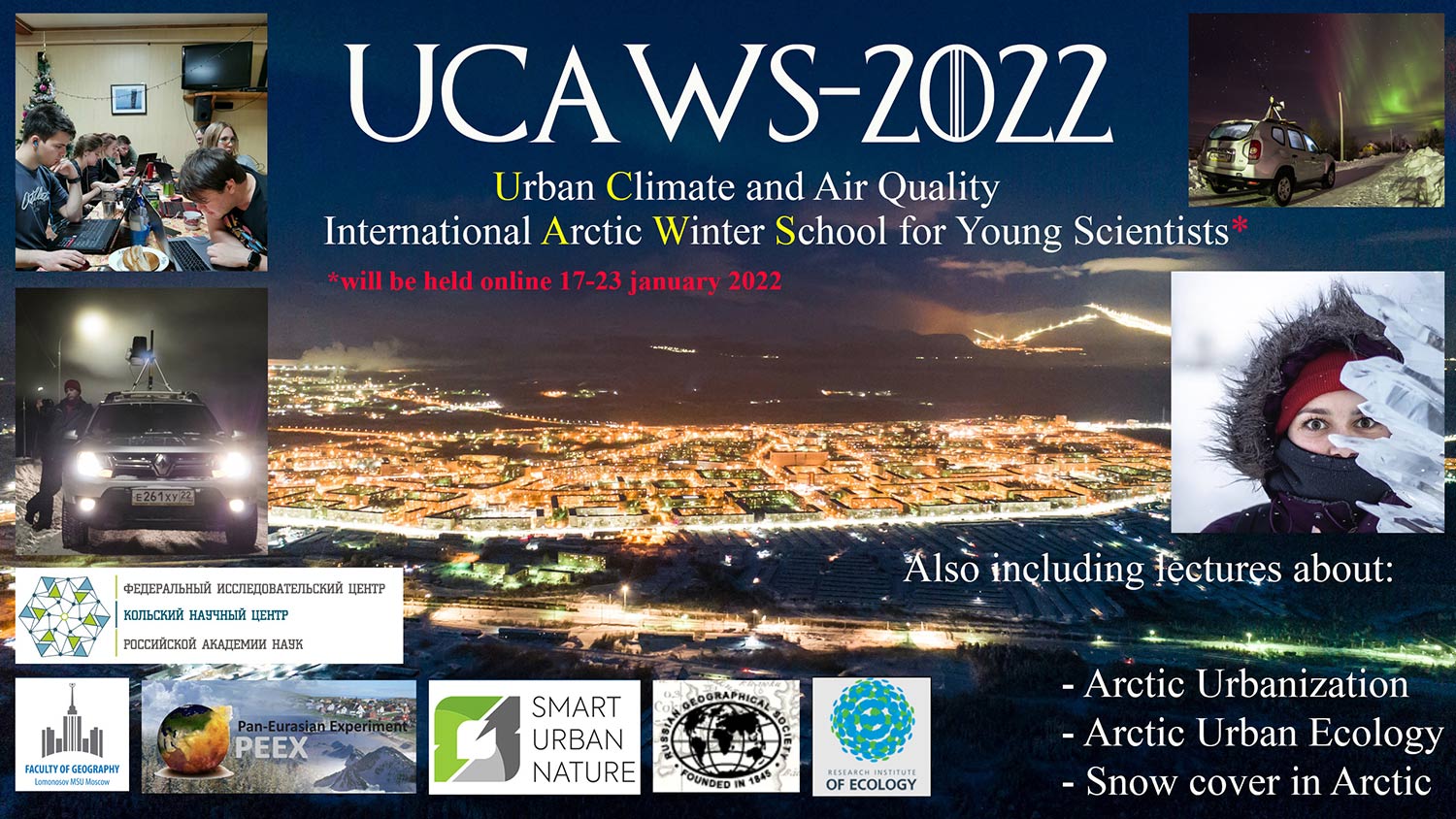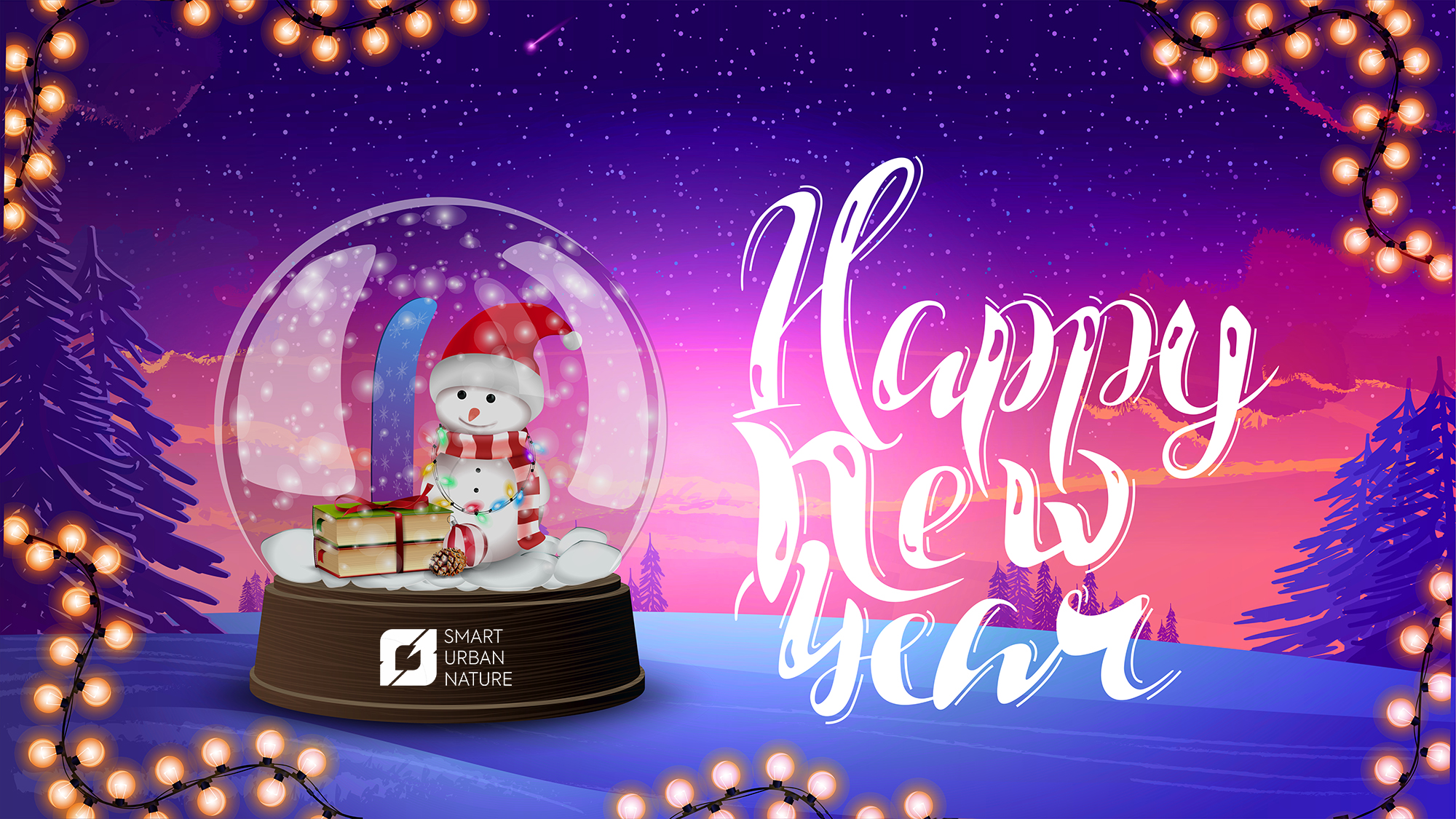Scientists from the Smart Urban Nature laboratory, in collaboration with colleagues from the Netherlands and Italy, have shown that microbial communities living on the surface of leaves are sensitive to transport pollution. With the approach to highways, the activity of microorganisms increases, their species diversity decreases, and the proportion of conditionally pathogenic forms increases. These changes are associated with an increased concentration of pollutants (mainly Zinc) and microclimatic conditions near the roads: low humidity, high temperature and ultraviolet radiation. It is important to note that the study of plant microorganisms will help assess the ecological state of nature in the city and their possible impact on human health. Article published in Plants (Q1) journal. The research was partly supported by Russian Foundation for Basic Research (RFBR) and Russian Science Foundation (RSF).
Carbon stocks and fluxes in urban soils in the context of climate change
International Scientific Seminar of Smart Urban Nature research center
The Research center «Smart technologies for sustainable development of the urban environment in the global change» Agrarian and Technological Institute RUDN University organizes an international scientific seminar «Carbon stocks and fluxes in urban soils in the context of climate change», which will be held on March 16, 2022. The event will take place online on the Microsoft Teams platform.
To be the wind for the tree: Tree Talker as an intermediary between science and art
On February 8, 2022, the Museum of Contemporary Arts named after S.P. Diaghilev presented an exhibition accompanied by an interview film about the interdisciplinary science-art project “To be the wind for the tree” by Natalya Fedorova, a media artist and lecturer at the Faculty of Liberal Arts and Sciences. The project is inspired by the Herbarium of the Botanical Garden of St. Petersburg State University and was created in external partnership with the Smart Urban Nature laboratory of RUDN University, the laboratories of the Art & Science program of ITMO University and the Forestry Engineering Academy.
SUN Lab scientists took part in organizing international winter school on urban climate
In January 2022, the first experimental international winter school for young scientists “Urban Climate and Air Quality Winter School (UCAWS-2022)” was successfully held at the Khibiny educational and scientific base of Moscow State University in Murmansk region. The school was designed for senior students, masters, graduate students and young scientists under 40 who are interested in the problems of urban climatology, urban air quality, urban studies, urban ecology in relation to the cities of the Eastern and Western Arctic. This topic is extremely promising in recent decades, especially in the light of Russia’s chairmanship of the Arctic Council in 2021–2023.
Smart Urban Nature laboratory wishes a Happy New Year
The last month of 2021 was so busy that we did not have enough time to sum up the results of the whole year. Now we had a rest and, looking back, we would like to share some of our achievements.
The year 2021 gave us new results and new colleagues, allowed us to implement interesting projects and become part of the projects of our partners. Despite the continuing restrictions on travel to other countries, we do not stop our international cooperation and contacts, but on the contrary we multiply and strengthen them.

